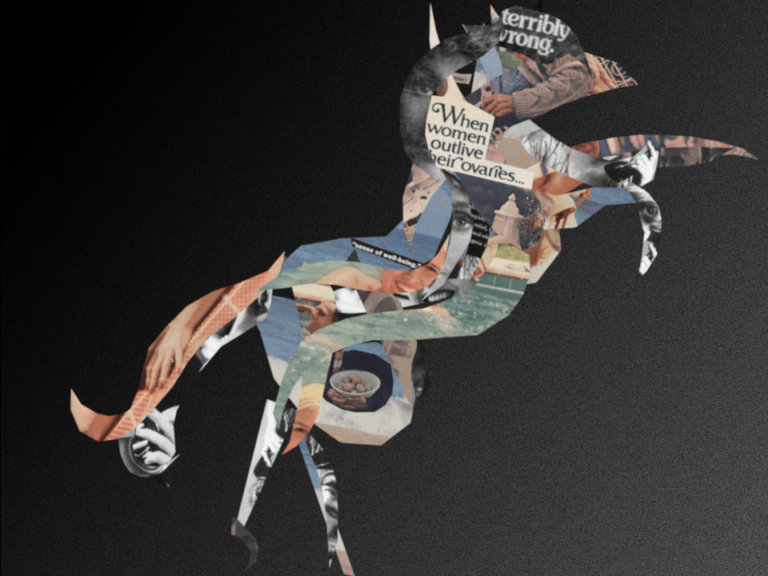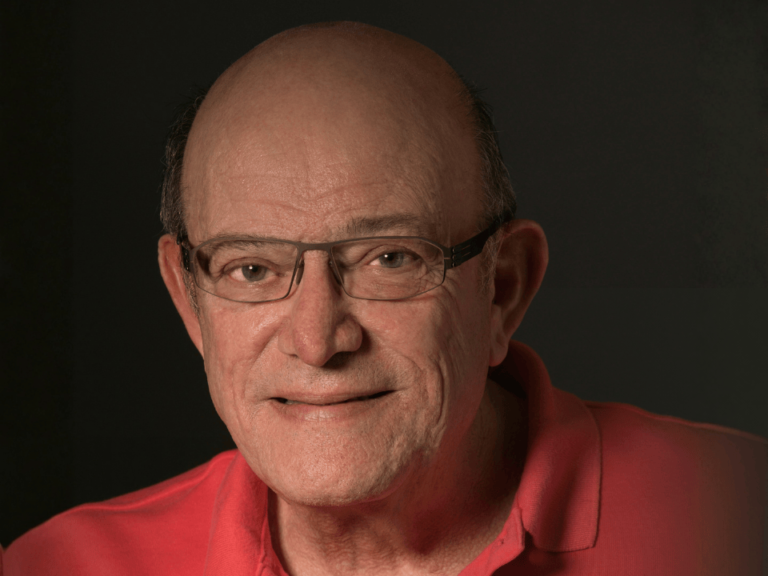Whom was your cancer center named after?


Who was Dr. Roswell Park?
By Roswell Park Comprehensive Cancer Center | March 15, 2021
Today Dr. Roswell Park is remembered mostly as the founder of the world’s first cancer research institute, which still bears his name proudly to this day in Buffalo, NY, but his contributions to medicine extend much further. Among many other achievements:
- He was a pioneer in neurosurgery and became one of the first American surgeons to successfully treat spina bifida, a serious birth defect.
- At a time when knowledge about the link between bacteria and infection was still very new, he waged an ongoing campaign urging physicians to operate in a sterile environment.
- Long before the federal government introduced laws to protect patients’ medical records, he insisted that “patients coming to us for help should be treated with every courtesy and…privacy.”


In Memoriam: Kenneth A. Jonsson, Founder of UCLA’s Jonsson Comprehensive Cancer Center
By UCLA Jonsson Comprehensive Cancer Center | April 8, 2021
A longtime supporter of UCLA’s Jonsson Comprehensive Cancer Center, Jonsson made his first donation to support cancer research more than four decades ago in the 1960s. The cancer center was named for Jonsson and his family after a substantial cornerstone gift was made in 1975. Over the next 35 years, Jonsson and his family contributed millions more to support cancer research at UCLA. […] “We took a tour and we were hooked,” Jonsson told the Los Angeles Times in 2006.
Recent contributions
Video: Rachel Humphrey on Jim’s impact on the team that developed Ipilimumab
By Jim Allison: Breakthrough | April 7, 2021
Video: Jeffrey Bluestone on how far cancer immunology has come and his hopes for the field
By Jim Allison: Breakthrough | April 4, 2021
Reports and guidelines
2019 Annual Report
By National Breast Cancer Coalition | April 8, 2021
NBCC: An Evaluation of Work Over the Breast Cancer Deadline 2020 Period
By National Breast Cancer Coalition | April 7, 2021
Clinical Cancer Advances 2013: Annual Report on Progress Against Cancer From the American Society of Clinical Oncology
By ASCO | April 7, 2021
Clinical Cancer Advances 2012: Annual Report on Progress Against Cancer From the American Society of Clinical Oncology
By ASCO | April 6, 2021
ASCO and ESMO Global Curriculum in Medical Oncology
By ASCO | April 6, 2021
A Collection of Clinical Practice Guidelines
By ASCO | April 4, 2021
National Cancer Act primary sources
Report of the National Panel of Consultants on the Conquest of Cancer
By NCI | April 7, 2021
National Advisory Cancer Council Minutes of Meeting November 22-23, 1971
By NCI | April 6, 2021
A conference report to accompany S. 1828 National Cancer Act of 1971
By NCI | April 5, 2021
Annual Evaluation of the Efficiency of the National Cancer Program, June 12, 1974
By NCI | April 3, 2021
The National Cancer Program of the U.S.A. 6th Latin American Congress on Cancerology, Acapulco, Mexico, Oct. 24, 1975
By NCI | April 2, 2021
This column features the latest posts to the Cancer History Project by our growing list of contributors.
The Cancer History Project is a free, web-based, collaborative resource intended to mark the 50th anniversary of the National Cancer Act and designed to continue in perpetuity. The objective is to assemble a robust collection of historical documents and make them freely available.
Access to the Cancer History Project is open to the public at CancerHistoryProject.com. You can also follow us on Twitter at @CancerHistProj.
Is your institution a contributor to the Cancer History Project? Eligible institutions include cancer centers, advocacy groups, professional societies, pharmaceutical companies, and key organizations in oncology.
To apply to become a contributor, please contact admin@cancerhistoryproject.com.











